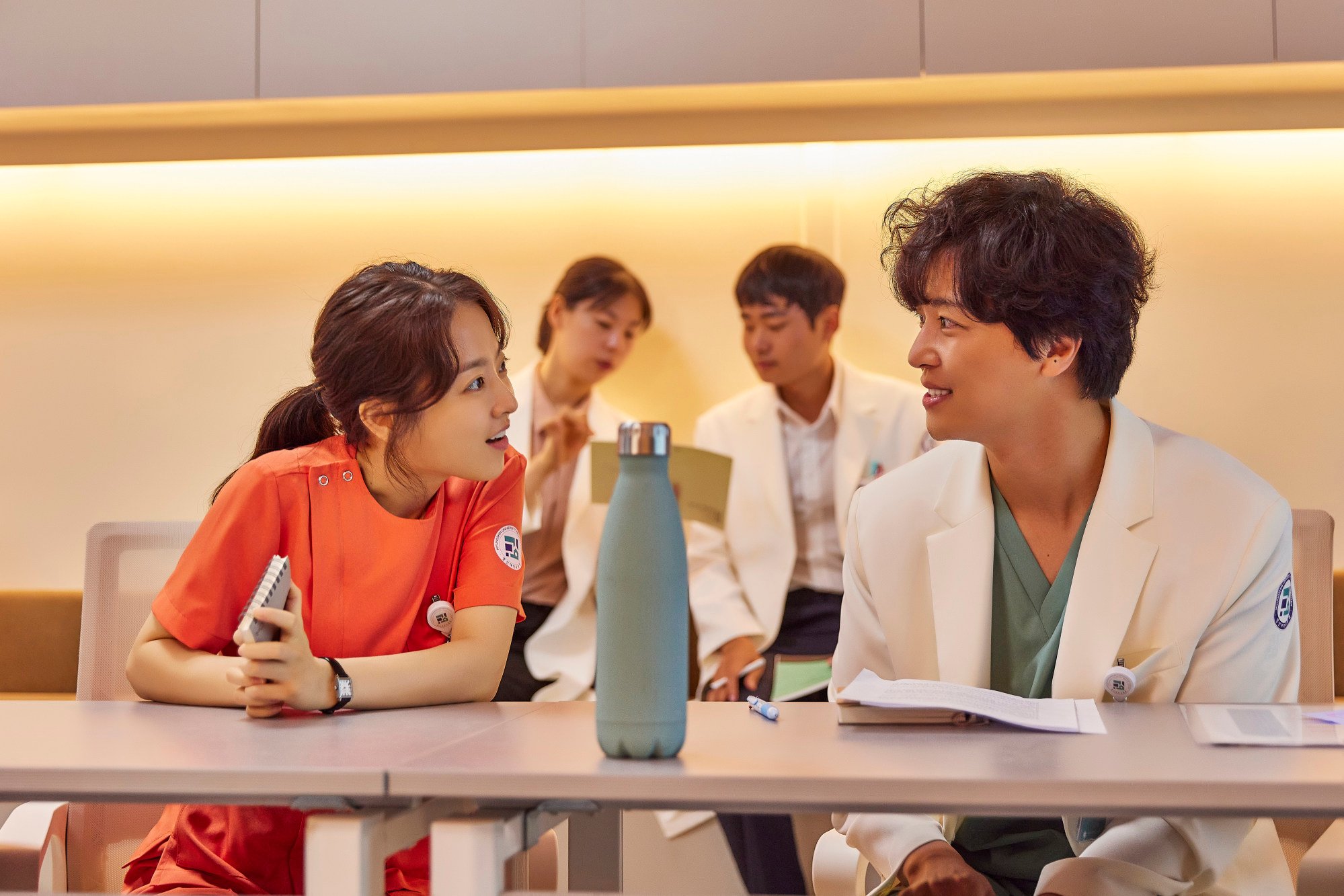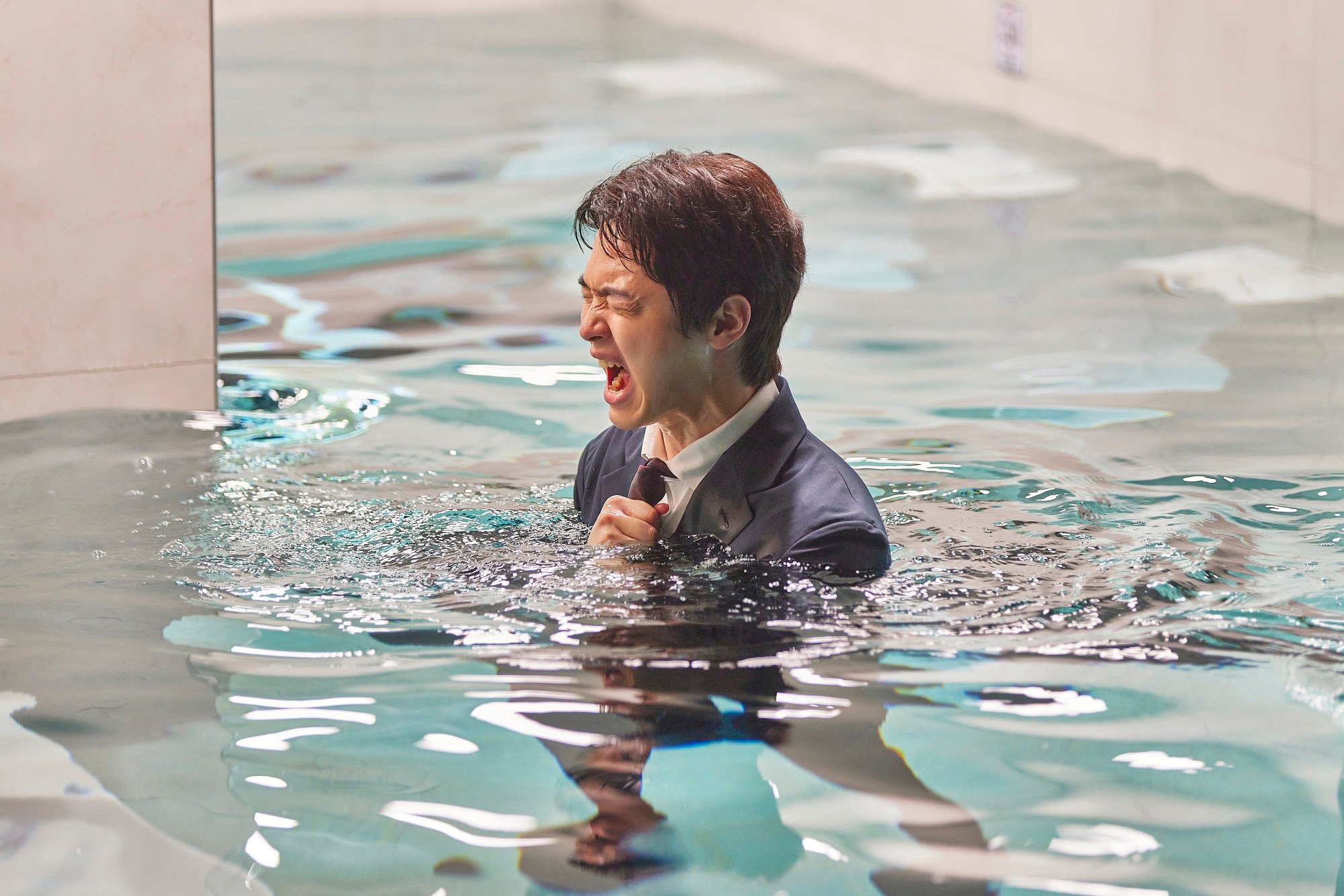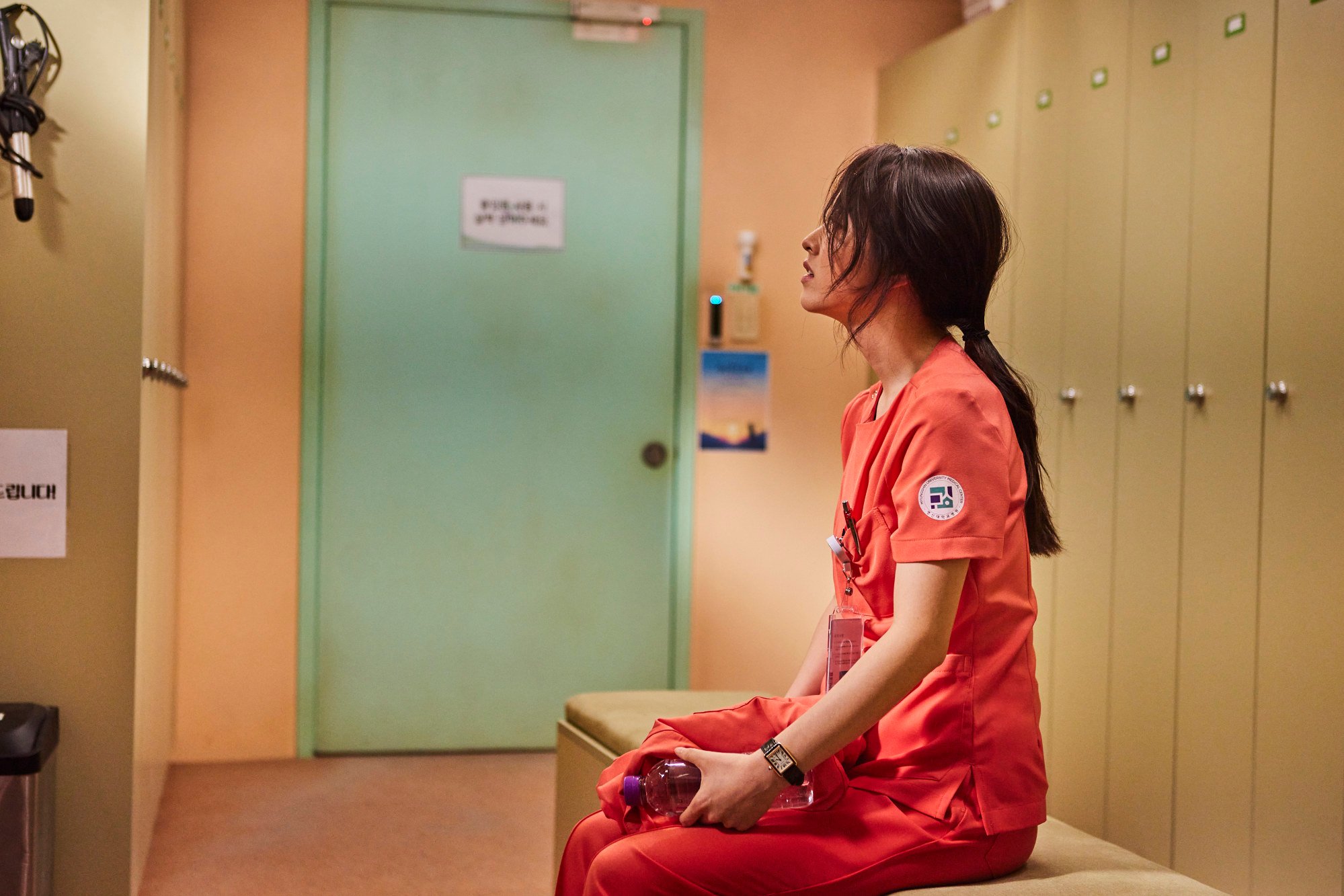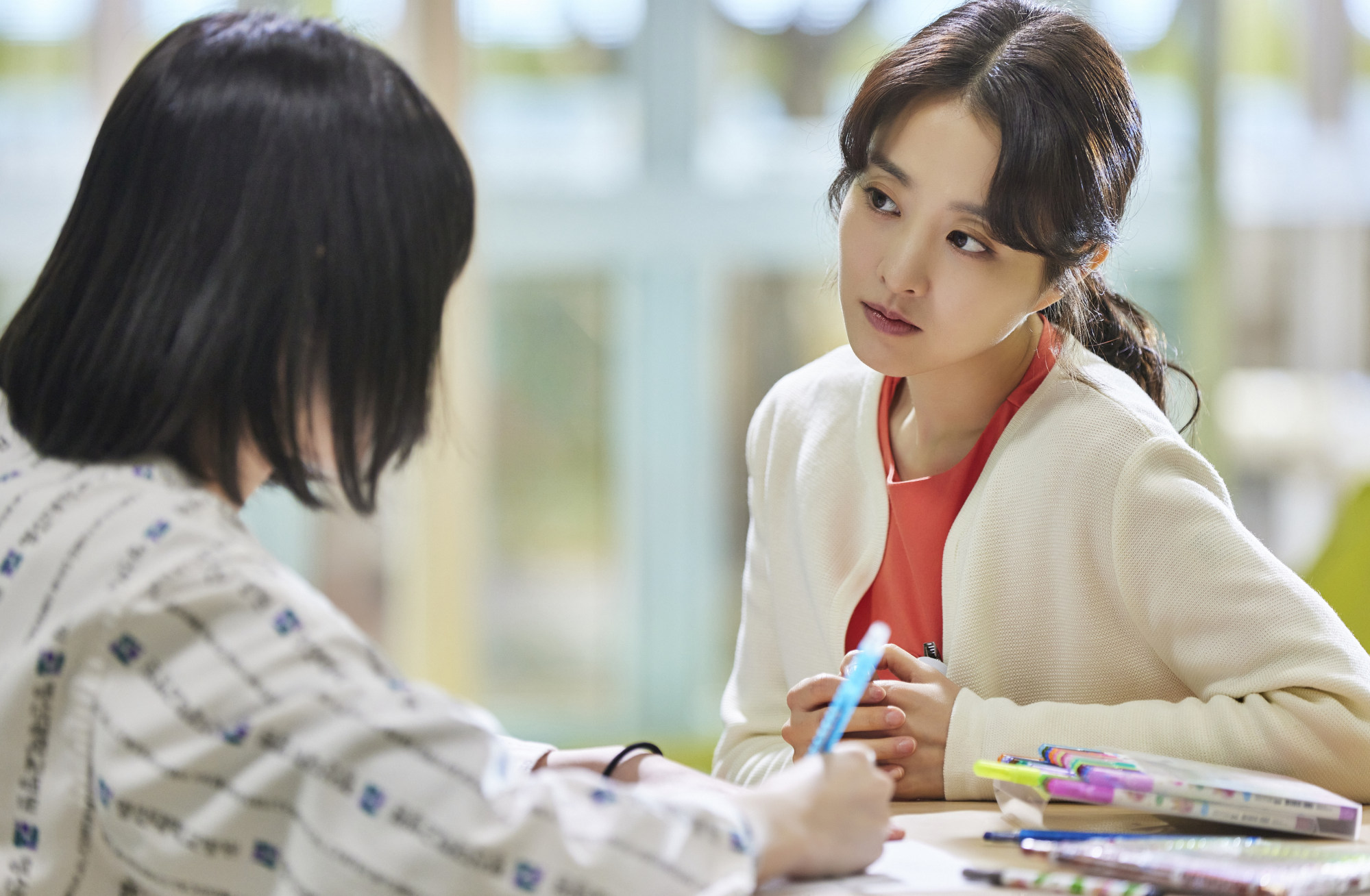3.5/5 stars
Least cast: Park Bo-young, Yeon Woo-jin, Jang Dong-yoon, Lee Jung-eun
South Korea has a very rocky track record on mental health. The stresses of work and family responsibilities in its pressure cooker society are known to trigger health problems. But mental health issues, which have long been stigmatised in the country, are seldom acknowledged to the same degree.
In this series adapted from Lee Ha-ra’s webtoon of the same name, Park is Jung Da-eun, a nurse who suddenly transfers to the psychiatric ward at the Myungshin University Medical Centre.
Her move is sparked by the fact that she cared too much for patients in her previous post. By focusing so much on individual patients, she unintentionally created an unbalanced workload for her fellow nurses.
9 of the best new Korean drama series to watch in November 2023
9 of the best new Korean drama series to watch in November 2023
She learns the ropes, figuring out how to approach people and interact with them depending on their specific conditions, several of which are focused on in individual episodes.
Her big heart and naive desire to help people in any way she can at first lead to similar problems as in her previous posting, but her selfless nursing style appears to be a better fit for this ward and she soon becomes a favourite of many of the patients.

Yu-chan and Go-yun both have eyes for Da-eun, although neither realises it at first. They also both at times act as though they are patients of hers, as each suffers from mental health symptoms from which they seem to find relief when she is around.
Go-yun has OCD (obsessive-compulsive disorder), which compels him to crack his knuckles all the time. This gives him thick, inflamed fingers; this leads to a rather amusing running joke in his day job, which involves sticking those larger-than-usual digits up people’s rear ends.

Yu-chan’s anxiety disorder is more serious. He frequently gets panic attacks, which manifest themselves in a sensation of drowning. This caused him to quit his job as a salaryman. He now helps out at his parents’ fried chicken shop.
The love triangle that unfolds is an engaging one – but make no mistake, it takes a distant back seat to the show’s raison d’être.
Daily Dose of Sunshine’s exploration of mental health in Korea and its attendant stigmas is relevant and necessary.

The show’s lively and empathetic depiction of mental health issues preaches understanding but displays some of the same naivety of its principal protagonist. By and large, environmental factors are blamed for the patients’ conditions, which makes them easier to digest narratively but does not necessarily conform to reality.
This approach to mental health extends to the soothing wind-downs to each episode. The nurses and doctors get to the root of whatever condition confronts the patient in focus and offer hopeful explanations about how their symptoms can be handled.

While occasionally cathartic, these mini-climaxes can also come off as didactic, as though the show has taken it upon itself to teach its viewers about mental health.
Given its good intentions, this is not necessarily a problem, but it is an approach that does occasionally sap the show’s narrative momentum.
Still, thanks to clever editorial choices and lively production design, the director makes the series an immersive experience that feels more cinematic than previous Korean medical dramas.

Park anchors the show playing the kind Da-eun, whose blindness to her own mental health issues provides the main narrative hook of the season’s back half. She is a gentle guide leading us through the show’s exploration of mental health in Korea.
Daily Dose of Sunshine is streaming on Netflix.

